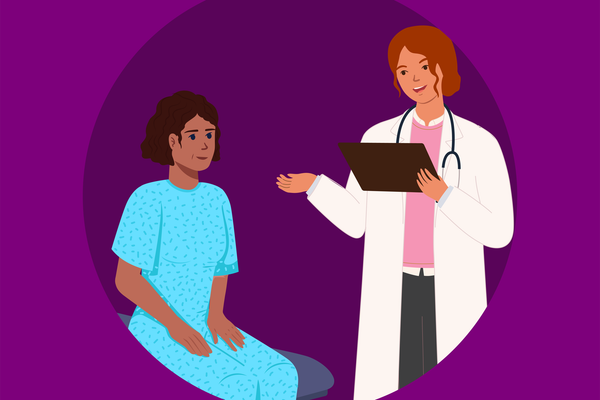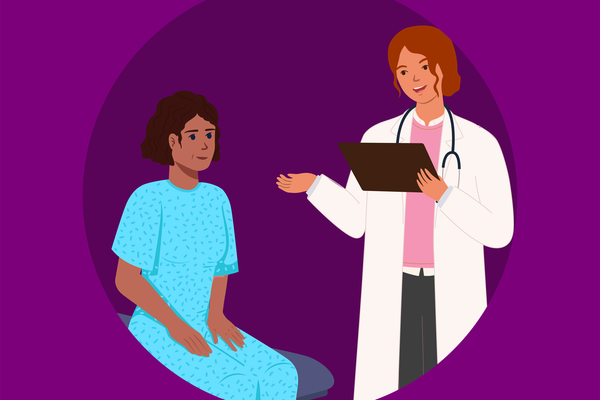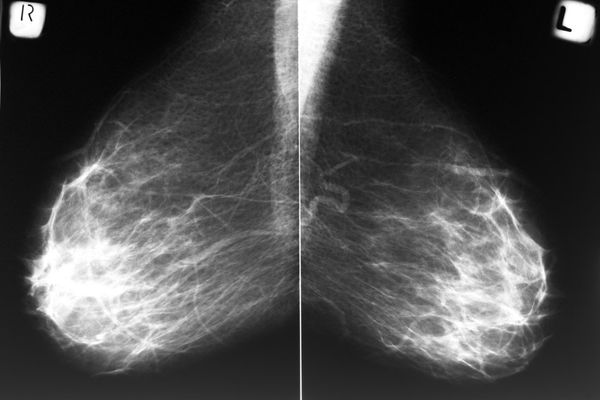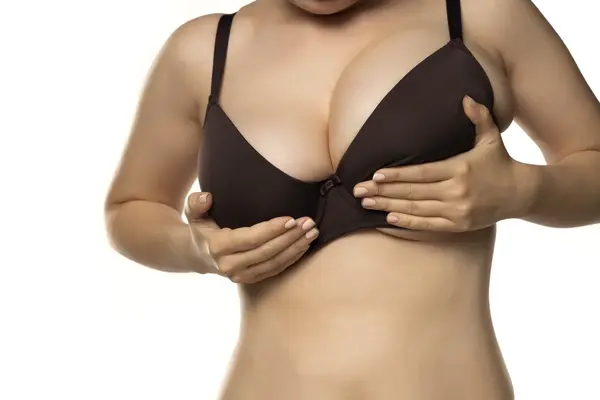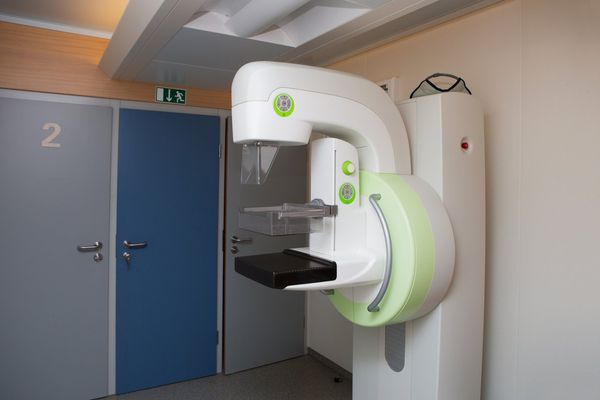You know if your breasts are big. You know if they're small. But do you know if they're dense?
Breasts are made of glandular, connective and fatty tissues. Breasts are considered dense when they have a lot of tissue that is glandular (the milk ducts and glands) and connective (the fibrous tissue surrounding the ducts and glands) and not much of the fatty kind. Breasts vary in degrees of density ranging from extremely dense to mostly fatty.
Dense breasts are more common than you think. Nearly half of all women age 40 and over who get mammograms are found to have dense breasts, says the National Cancer Institute.
You and your health care professional can't tell whether you have dense breasts based on your breast shape, size, firmness or other factors. Dense breasts don't look or feel any different than ones that aren't dense. A mammogram is the only way to assess density. In fact, many women who have dense breasts find out in a letter they get along with their mammogram results.
The younger we are, the denser our breasts are. Breasts tend to become less dense and more fatty as we age. That's due to a decline in our estrogen levels courtesy of aging, especially around menopause.
High-density breasts have been linked to an increased risk for breast cancer. It's not entirely clear why.
Dense breasts also often mask cancerous growths on mammograms, making them hard to see. That's because nonfatty tissues and cancer both appear white on a mammogram.
Find out what to know about breast cancer screenings.
If you have a family history of dense breasts or breast cancer, tell your health care professional. (If your mom had dense breasts, you likely do, too). Your health care professional may suggest you get an ultrasound (which uses sound waves to look at the tissue), 3-D mammogram (which takes multiple pictures of the breast) or MRI (usually for high-risk patients).
You may not necessarily need additional tests. More care isn't always better care. It's just something to mention to your health care professional, who can help you figure out your best course of action.
If you have dense breasts, don't panic. Family history, the degree of density and previous biopsies are also important factors. You won't develop breast cancer just because you have dense breasts. It's important to be aware of your own risk.
The best way to lower your risk of developing breast cancer if you have dense breasts is the same way to lower your risk if you don't. That means exercise regularly, eat healthfully, limit alcohol, don't smoke and maintain a healthy weight, according to Breastcancer.org.


